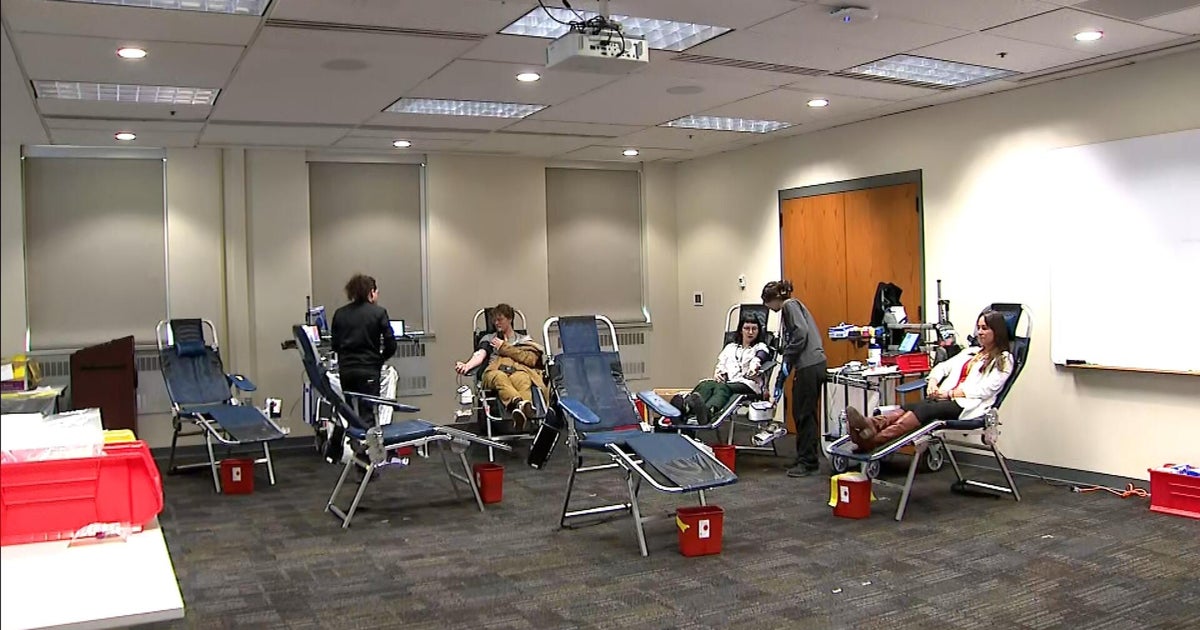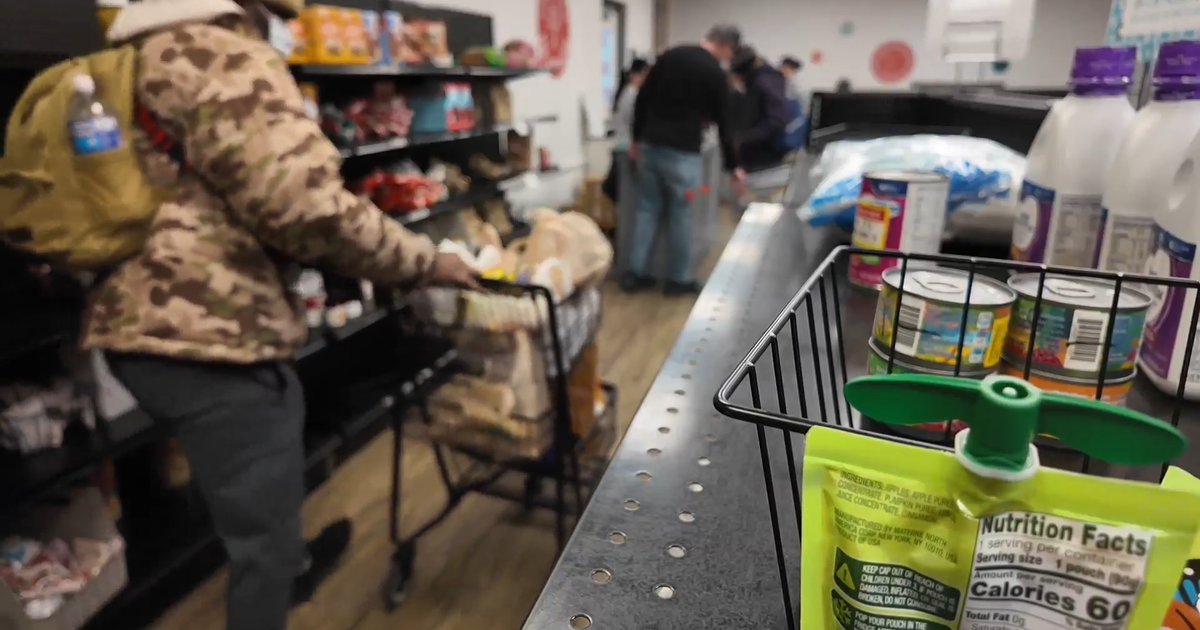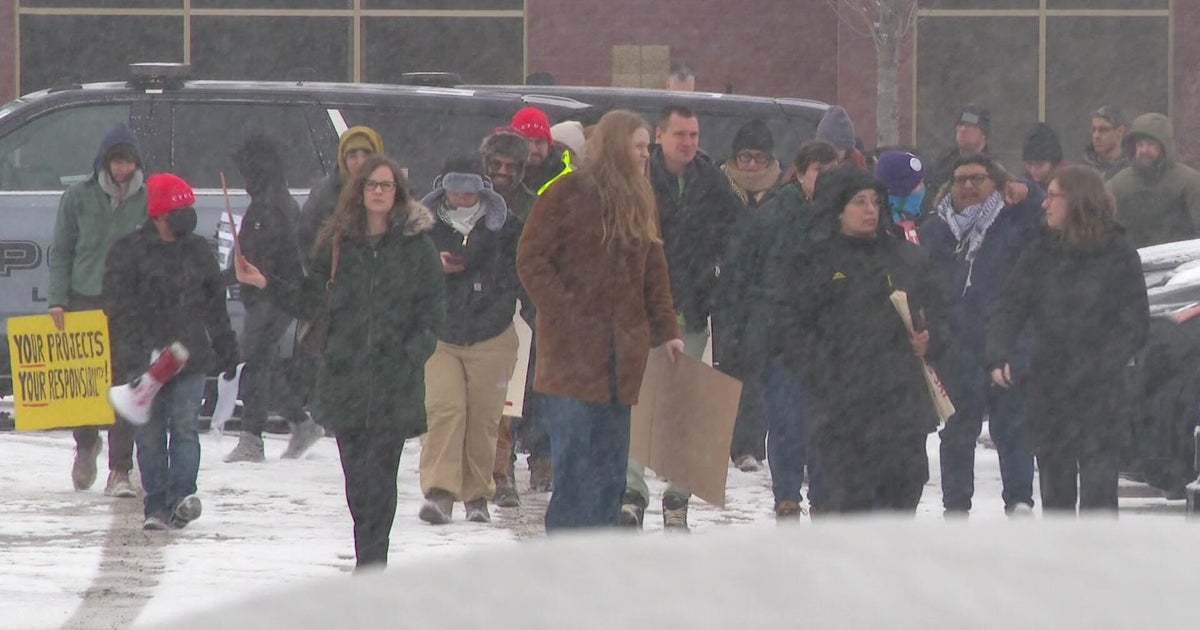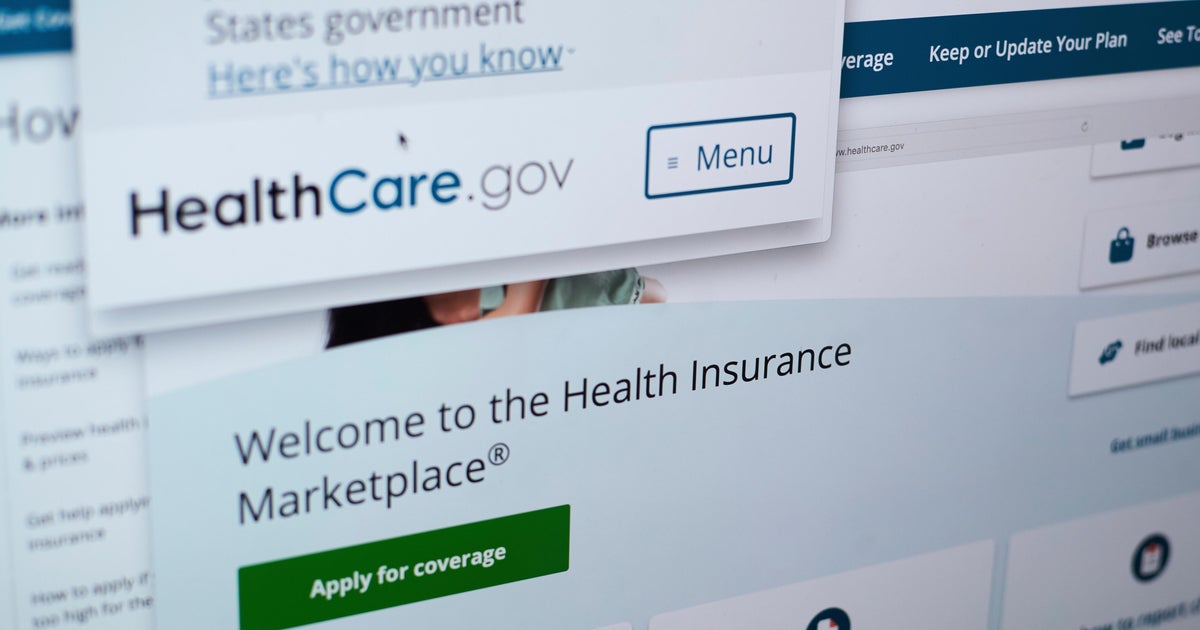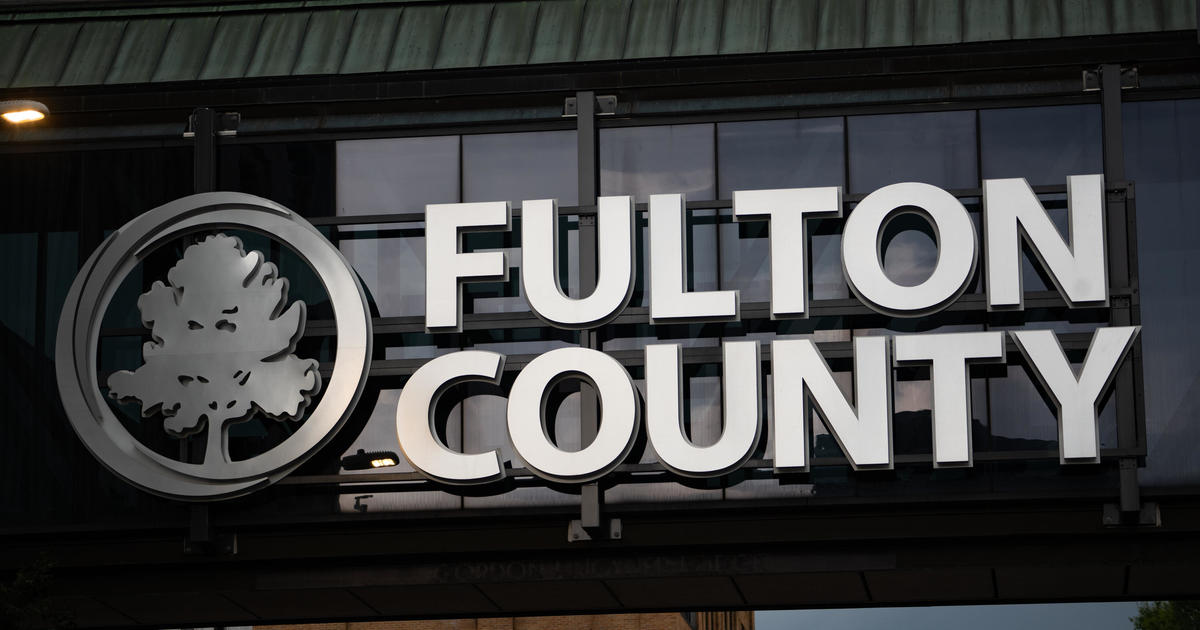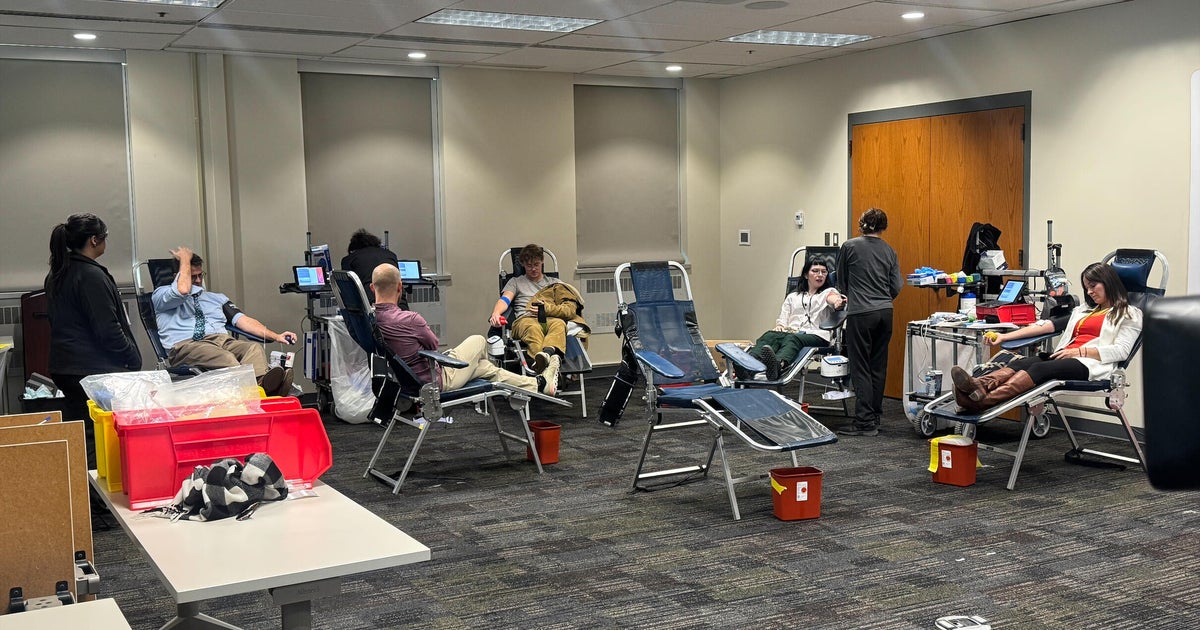Affordable Care Act Could Be Further Hamstrung By Shortage Of Doctors
NEW YORK (CBSNewYork) -- A doctor shortage is threatening to make the roll-out of the Affordable Care Act even more difficult -- and it could create lines for care and services.
New Yorkers are notorious for wanting things immediately, and that includes medical care.
But even doctors who support Obamacare say there could be delays due to more patients and fewer doctors, CBS 2's Dick Brennan reported Monday.
"It's like shopping during Christmas time. I mean, you're going to have a tough time if you have all of these people demanding services at the same time," said Dr. Steven Lamm of the NYU School of Medicine.
Lamm said the Affordable Care Act could mean an explosion of demand for doctors and services, but will the system be able to handle it?
"I think the concern would be that the system will be overwhelmed, that there will be a greater demand that we can meet in a quality fashion and that we will have to delay services for a lot of individuals," Lamm said.
Right now, there is already a shortage of 20,000 doctors nationwide, and with healthcare expansion, plus increasing population, there will be a need for about 52,000 primary care doctors by 2025.
This while only 20 percent of new doctors become primary care physicians and the new landscape has older doctors bailing, Brennan reported.
"Doctors are planning to retire. Anybody who is anywhere near retirement age is talking about retirement. ... There's just too much going on," said Dr. Sam Unterricht of the New York State Medical Society.
Others fear that centralizing medical care will squeeze out small independent doctor groups, groups that insurers claim are more expensive, in favor of large centralized care.
"It will be inferior care. They will end up going to clinics, to situations where they don't have their own private physician. When they go to hospitals they are not going to know any of doctors who are taking care of them," cardiologist Dr. David Hess said.
Doctors say one solution could be a quick infusion of residents.
"They are not training enough residents. The number of medical students has increased a little bit, but the number of residency spots has not. They've kept the number of residency spots frozen for, I think, 13 years now," Unterricht said.
Just by sheer numbers, doctor retirements will increase. Nearly half right now are over the age of 50, and the American Medical Association says nurses will also be in short supply, Brennan reported.
You May Also Be Interested In These Stories

